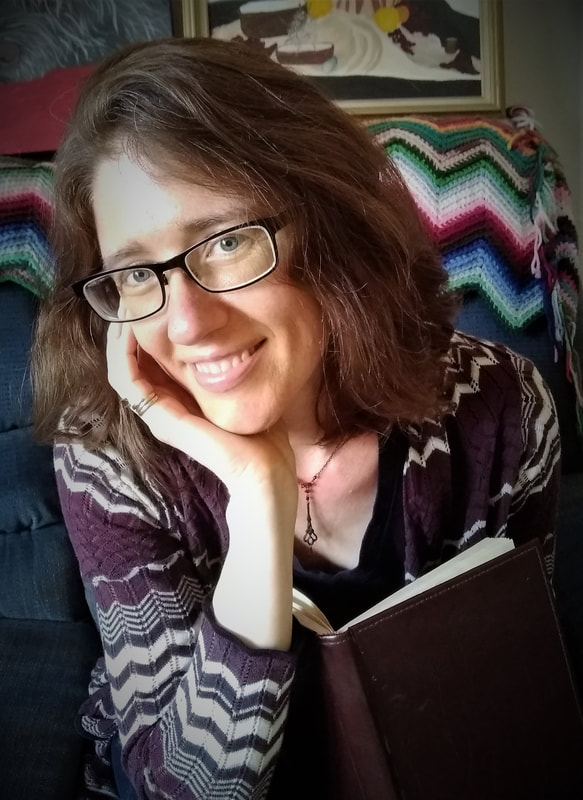|
It used to be, if you wanted your book published, you either had to go through an established publishing house or spend stacks of cash at a vanity press and still not see your book get into the hands of more than a few readers. As we advance farther and farther into the digital age, though, self-publishing becomes an increasingly viable option, but it’s still not ideal for everyone. So, which one is best for you? There are pros and cons to both options. Here are a few points to help you decide which one best fits your circumstances and your book. Profits When writers, especially first-time authors, ask themselves about which publishing route to choose, the first thing that usually comes up is the money. And it’s a legitimate concern. Traditional publishing houses keep a hefty portion of the profits. But the reason for that is that they’ve assumed a lot of risk and are providing editing and connections. When they offer an author an advance, they don’t get that money back if the book flops. Essentially, they’re gambling (based on their experience) that your book will be a success, but success in publishing is notoriously difficult to predict. Also, they have experience and connections within the industry that they will use on the author’s behalf: from editors to distributors to marketing avenues. The downside is that, while the author will normally get a percentage of the profits, it’s significantly reduced. In self-publishing, on the other hand, after expenses are paid, the author keeps all of the profits. However, that means that not only is the author not guaranteed any profits in the form of an advance, but they also assume all of the upfront costs of hiring the necessary professionals to get their book ready for release: from editors to designers and everything in between. The author assumes the risk of actually losing money on the deal. Which one appeals to you depends on your risk tolerance, how firmly you believe in your book, and your ability to carry the financial burden. Format Another consideration when choosing your publishing route is what format you plan to use: print or electronic. E-books are much easier to distribute, and there are numerous online retailers like Amazon who will list your book either for a small fee or for a percentage of the profits. Some even offer POD (print on demand) for readers who prefer a physical copy. However, it can be difficult to get your book into brick-and-mortar stores unless you have connections with distributors. It’s not impossible, but because you’re an unknown quantity and are likely dealing in smaller volume, many distributors and stores won’t want to risk getting stuck with extra stock if your book doesn’t sell. Genre This one may surprise some people, but some genres are just harder to sell unless they have a publishing house’s name behind them. For example, self-published children’s authors can face a lot more difficulty getting their books out there than someone writing in adult fiction or personal development. A lot of libraries won’t even accept donations of self-published children’s books for the same reason many parents are hesitant to buy them for their children. There’s no standard for quality. They rely on publishers to establish a standard for quality and content. On the other hand, there are authors in other genres, like romance or suspense, that are finding great success with self-publishing. That’s not to say that you can’t successfully publish your own books in any genre, even the more difficult ones, but you’ll have to do a lot more work with marketing. For some authors, it’s just not worth the potential returns. You’ll have to decide for yourself. Effort As I’ve alluded to above, self-publishing takes a lot more work than traditional publishing. Not only do you have to come up with the funds for each step, but you also have to oversee the entire process. You are writer, managing editor, marketer, and more. You have to hire the editors, designers, and proofreaders, and you are in charge of overseeing distribution and sales. That’s a lot of work, but if your book is a success, you also keep the lion’s share of the profits. And maybe you enjoy donning all of those hats. Perhaps you thrive on moving through the publishing industry. Some people love it, and some hate it. You just have to ask yourself which one you are and be honest about it. Control In traditional publishing, as the author, you would be involved in the editing process and developing the content of the book. However, a lot is decided by the publisher, sometimes without the author’s input. The content of your book is your work, but the publisher will probably have some ideas and changes they want you to include based on what they think will sell. Also, things like cover art and whether the book comes out in hardcover or paperback is often completely up to the publisher. Their input isn’t always bad. Publishing professionals have years of experience watching trends and predicting what will sell. But they also tend to be risk averse and unwilling to take chances on something dramatically different or unique. Sometimes, they’re right to be cautious. And sometimes, they get it really wrong. What you choose will depend largely on how strongly you feel about the form and content of your book. Do you have the money to see your book through to publishing? Are you willing to assume the risk? Does the book itself lend itself more to independent or traditional publishing? How much effort are you willing and able to put in? How much control do you want over the finished product? Are you willing to compromise in order to enjoy the benefits of someone else’s professional knowledge and experience? As I said, self-publishing and traditional publishing are only right or wrong depending on the specifics of your book and what you personally value. Hopefully, you are now at least prepared to make a more informed decision. Rebecca Miller is a professional copyeditor and general fan of all things having to do with the written word and the English language. You can check out her website at Oakdale Editing or connect through Facebook, LinkedIn, Instagram, or Email.
0 Comments
Leave a Reply. |
AuthorRebecca has a passion for helping you fill the world with great literature and making sure said literature doesn't get passed over for the lack of a little editing. Archives
July 2022
Categories
All
|


 RSS Feed
RSS Feed
